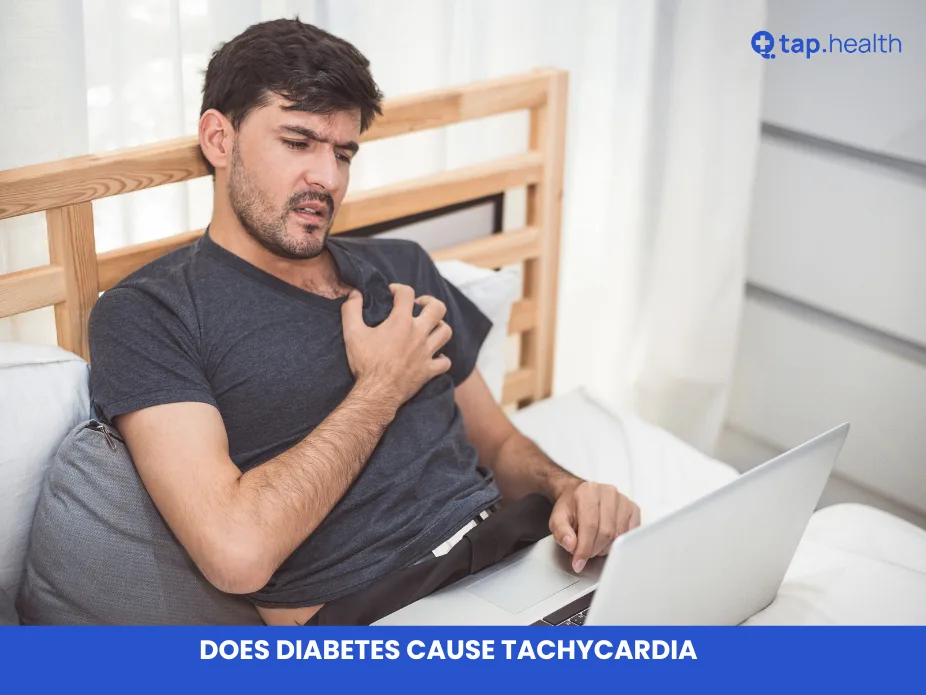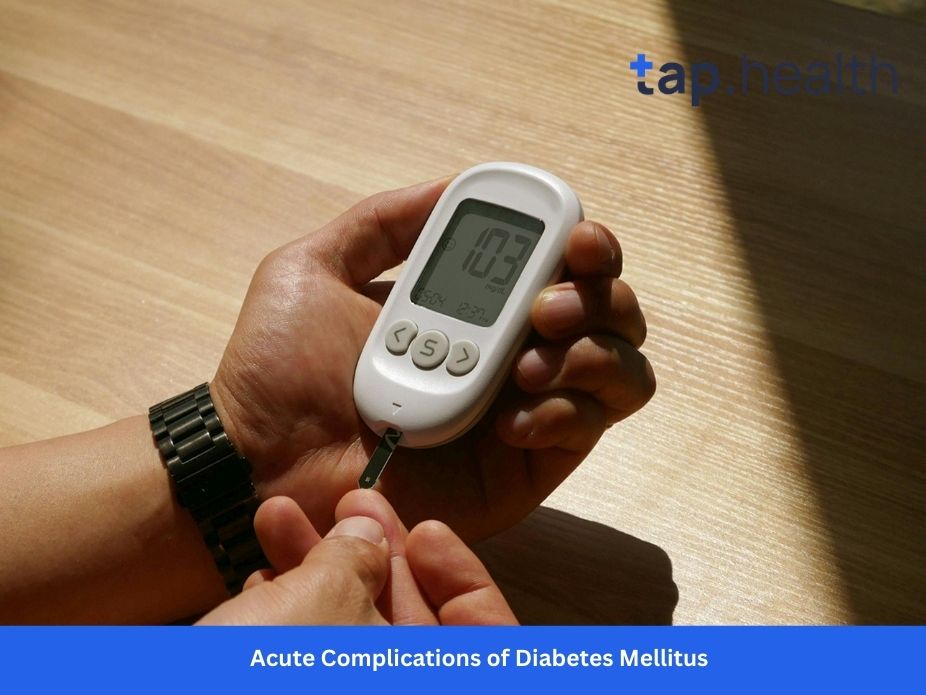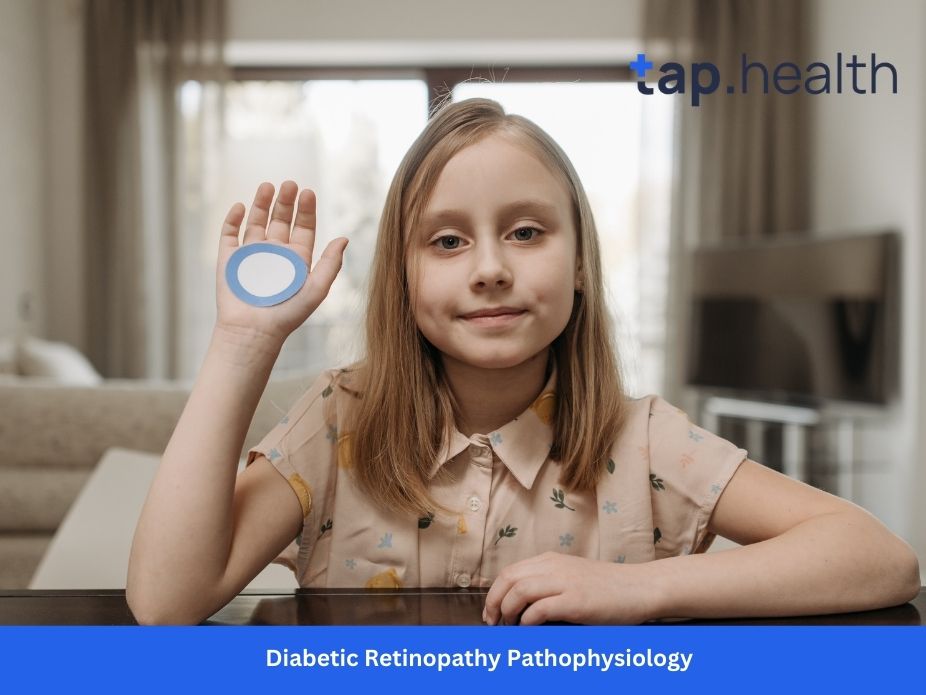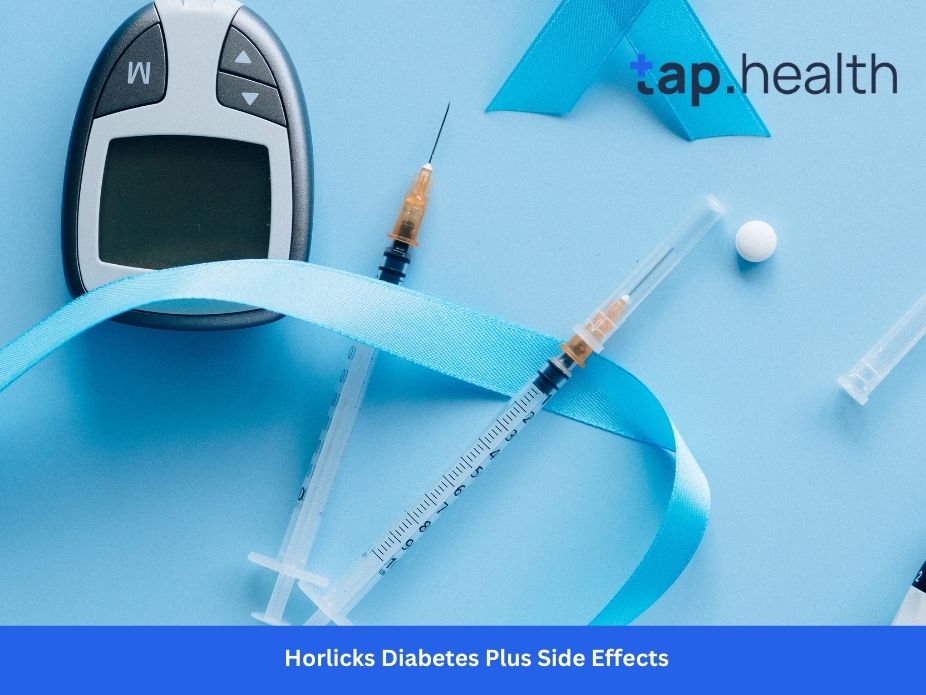Tachycardia, or an abnormally fast heart rate, can be a concerning condition, especially when it happens unexpectedly. For individuals with diabetes, managing blood sugar levels is crucial, but can diabetes also play a role in developing tachycardia? In this article, we’ll explore the relationship between diabetes and tachycardia, explaining what tachycardia is, how diabetes may contribute to it, and ways to manage both conditions effectively. We’ll also include expert insights and practical advice for anyone concerned about their heart health.
What is Tachycardia?
Before diving into how diabetes may affect your heart rate, it’s important to understand tachycardia itself. Tachycardia refers to a heart rate that exceeds 100 beats per minute while at rest. While it’s normal for the heart rate to increase during physical activity, tachycardia occurs when the heart is beating too fast even when you’re at rest or without any obvious physical exertion.
There are different types of tachycardia, including:
- Atrial Tachycardia: This occurs when the upper chambers of the heart (atria) beat faster than normal.
- Ventricular Tachycardia: This happens when the lower chambers of the heart (ventricles) beat too quickly, which can be more dangerous.
- Supraventricular Tachycardia: This refers to an abnormally fast heart rate originating above the ventricles.
Having tachycardia can make you feel dizzy, lightheaded, or even short of breath, and in some cases, it can lead to serious complications if left untreated.
How Does Diabetes Affect Heart Health?
Diabetes, particularly when not well-controlled, can have a significant impact on your heart and blood vessels. High blood sugar levels over time can cause damage to the blood vessels, nerves, and organs, including the heart. This damage can lead to various cardiovascular issues, such as high blood pressure, heart disease, and even arrhythmias like tachycardia.
In particular, diabetes can contribute to tachycardia in the following ways:
- Autonomic Nervous System Dysfunction: Diabetes can cause damage to the autonomic nervous system, which controls involuntary functions like heart rate and blood pressure. When this system is impaired, the heart may beat faster than normal (tachycardia).
- Electrolyte Imbalance: Diabetes can lead to fluctuations in electrolytes, which are minerals in your blood that help regulate heart rhythm. Low or high levels of potassium, magnesium, or calcium can contribute to abnormal heart rhythms, including tachycardia.
- Increased Blood Sugar: Chronic high blood sugar can lead to inflammation in the blood vessels, making it harder for your heart to pump blood efficiently. This increased strain can lead to arrhythmias like tachycardia.
Real-Life Scenarios: Understanding Diabetes and Tachycardia
Let’s take the example of Rahul Sharma, a 48-year-old man from Mumbai who has been living with type 2 diabetes for several years. Rahul had always been careful about his diet and medications, but after noticing frequent episodes of rapid heartbeats, he visited his doctor. His doctor explained that his poorly controlled blood sugar levels had likely contributed to autonomic dysfunction, which was affecting his heart rate.
Rahul’s heart rate would shoot up unexpectedly, and he sometimes felt short of breath and lightheaded. After adjusting his diabetes management plan and adding medications to control his blood sugar, his episodes of tachycardia became less frequent. Rahul’s story is an example of how diabetes, when not properly managed, can contribute to heart rhythm problems like tachycardia.
Expert Contributions: The Science Behind Diabetes and Tachycardia
Dr. Priya Gupta, a well-known cardiologist in New Delhi, explains:
“Diabetes is closely linked to heart health. Chronic high blood sugar can lead to nerve damage and other issues that may result in irregular heart rhythms. It’s essential for individuals with diabetes to manage their blood sugar effectively to reduce the risk of heart-related complications like tachycardia.”
Dr. Gupta emphasizes the importance of not just focusing on blood sugar control but also regularly monitoring heart health, especially for those who experience symptoms like rapid heartbeats or dizziness.
Can Tachycardia Be Prevented in Diabetic Patients?
While it may not always be possible to prevent tachycardia in individuals with diabetes, there are several steps that can significantly reduce the risk:
- Maintain Healthy Blood Sugar Levels: Properly managing your blood sugar can help prevent the damage to blood vessels and nerves that contributes to tachycardia. Regularly checking your blood sugar levels and adjusting your diet, exercise, and medications can help keep your heart healthy.
- Exercise Regularly: Physical activity improves overall cardiovascular health, strengthens the heart, and helps maintain blood sugar levels. Always consult with your doctor before beginning a new exercise routine.
- Eat a Heart-Healthy Diet: A diet rich in fruits, vegetables, whole grains, and lean proteins can help support heart health. Additionally, reducing the intake of processed foods, sugar, and salt can improve both blood sugar levels and heart health.
- Manage Stress: Stress can trigger an increase in heart rate, and for people with diabetes, it can make it harder to control blood sugar. Engaging in relaxation techniques like yoga, meditation, or deep breathing can help manage stress levels.
- Regular Monitoring: For individuals with diabetes, it’s important to regularly monitor both blood sugar levels and heart rate. If you notice any symptoms like dizziness, shortness of breath, or palpitations, seek medical advice immediately.
Recommendations Grounded in Proven Research and Facts
Research indicates that diabetes-related heart issues, including tachycardia, can often be mitigated through effective blood sugar management. Studies show that people with well-controlled diabetes have a lower risk of developing arrhythmias like tachycardia compared to those with poorly controlled blood sugar levels.
Moreover, a balanced diet, regular physical activity, and stress management are all key factors in maintaining both heart and overall health. Proven approaches like these are not only beneficial for controlling diabetes but also for reducing the risks of cardiovascular issues, including tachycardia.
Frequently Asked Questions (FAQs) on Does Diabetes Cause Tachycardia?
Q1: Can diabetes directly cause tachycardia?
A1: Diabetes itself doesn’t directly cause tachycardia, but high blood sugar can lead to autonomic nerve damage and electrolyte imbalances, both of which can contribute to an increased heart rate.
Q2: How can I prevent tachycardia if I have diabetes?
A2: Managing your blood sugar effectively, exercising regularly, eating a balanced diet, and managing stress are all key factors in reducing the risk of tachycardia.
Q3: Can medications for diabetes cause tachycardia?
A3: Some medications, especially those that affect blood sugar control or blood pressure, may cause side effects, including tachycardia. Always discuss any concerns with your healthcare provider.
Q4: What are the symptoms of tachycardia in diabetics?
A4: Symptoms of tachycardia include a racing heart, dizziness, shortness of breath, or feeling lightheaded. If you experience these symptoms, seek medical attention.
Conclusion
While diabetes doesn’t directly cause tachycardia, the effects of poorly managed blood sugar levels can contribute to heart problems, including abnormal heart rhythms. By maintaining healthy blood sugar levels, exercising, eating a balanced diet, and managing stress, individuals with diabetes can significantly reduce their risk of developing tachycardia and other heart-related issues.
If you are experiencing rapid heartbeats or other related symptoms, it’s essential to consult with a healthcare provider to ensure proper diagnosis and treatment.



